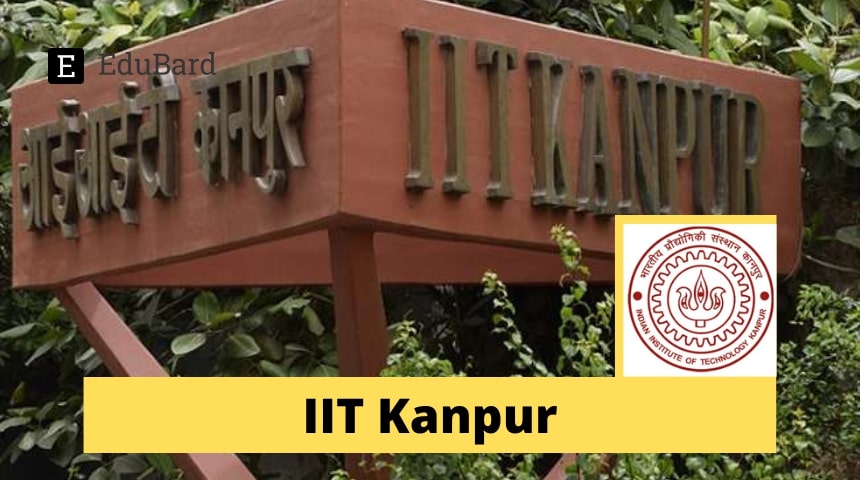IIT Kanpur | STC on Principles and Practices of Bituminous Mixture Design, Apply by 20 May 2024!

Overview:
IIT Kanpur is inviting applications for a Short Term Course on Principles and Practices of Bituminous Mixture Design. Interested candidates can apply.
Course Objectives:
- To understand the fundamental principles of fresh and recycled bituminous mixture design.
- To highlight the uncertainty involved in the bituminous mixture design process and how to address it.
- To familiarize with practical steps and calculations involved with the Marshall mixture design approach.
- To provide laboratory-based hands-on exposure to India's currently practiced bituminous mixture design approach (Marshall method).
- To provide exposure to different approaches of the bituminous mixture design process and the future trends.
- To highlight the key concerns related to mixture design from a field engineer’s perspective and ways to address them.
Target Audience:
- Industry (government as well as private) participants involved in bituminous road construction works.
- Quality control and material engineers involved in bituminous mixture design and related activities.
- Participants from consultants and policymakers involved in the design, quality control, and performance-based testing of the bituminous mixture.
Limited seats may be opened for participants from academia dealing with teaching and research in pavement engineering.
Registration Procedure:
In the case of Individual candidate:
Step 1: Pay the Fees through SBI Collect according to your category. Click to pay
Step 2: Fill up the Google Form
In the case of R&D/Industry:
Step 1: Fill up the Google Form for Invoice Generation.
Step 2: We will send you the details to pay the fees.
Step 3: Click here for Participant Registration deta
Registration Fees:
| Category | Registration Fee |
| Personnel from Industries/ R&D Organizations | 25,000 + 4,500(18% GST) = 29,500/- |
| Non-IITK Faculty | 18,000 + 3,240 (18% GST) = 21,240/- |
| IITK Faculty | No Fees |
Note: No refund policy.
Accommodation:
On-campus accommodation will be arranged for 30 initial registrants (twin-shared basis); however, the participants will have to bear the accommodation charges (which are separate from the registration fees).
Maximum no. of participants:
Considering the logistics involved (including laboratory hands-on sessions), the maximum number of participants is 40.